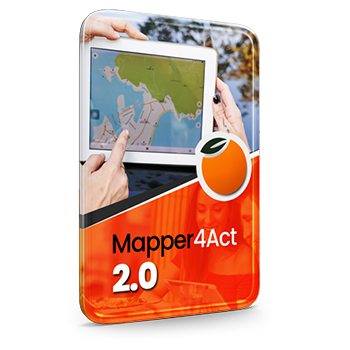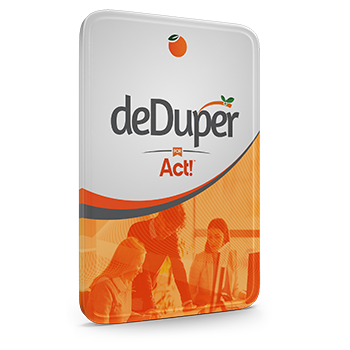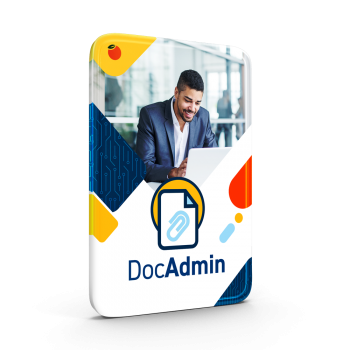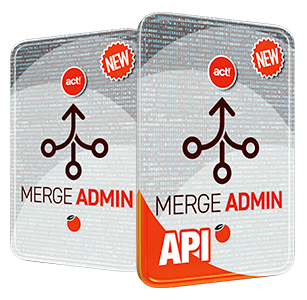By: Lindsay Boullin | 01/2/2017 (with edits by Ken Quigley)
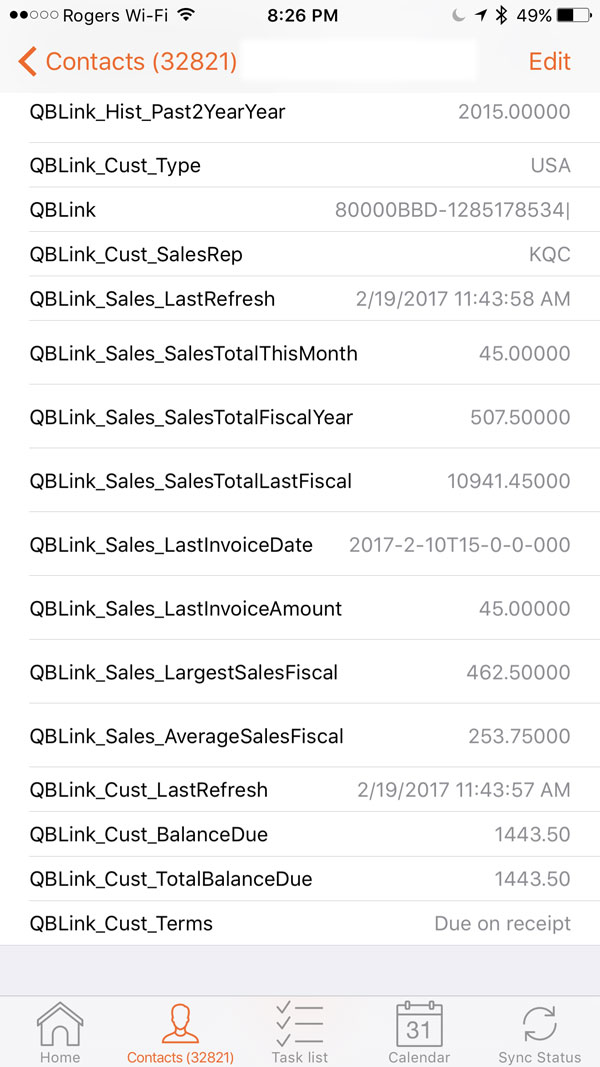 Every sector of the economy is undergoing a digital transformation. In a world of integration, information is a transferable resource that creates efficiencies, cost savings and competitive advantage when it’s allowed to flow.
Every sector of the economy is undergoing a digital transformation. In a world of integration, information is a transferable resource that creates efficiencies, cost savings and competitive advantage when it’s allowed to flow.
That’s why it makes absolute sense to look for ways to bring previously disconnected front-office and back-office systems together more effectively.
This is exactly what Act! accounting links do by connecting Act!’s CRM database of qualitative information with the quantitative data found in powerful Quickbooks software. Immediately this creates a single unified resource that enables you to see all previous customer interactions, as well as a financial snapshot of trading history, past orders and payment terms.
Information when you need it
With Act! accounting links, for example, sales teams can access information that would not otherwise be immediately available to them. Because they can look at synchronised financial information in Act!, they can give a customer their latest account status even if someone in finance is away from their desk. Having to wait to retrieve information puts inefficiency into the system, which Act! accounting links can easily and quickly remove.
Act! accounting links also enables you to generate invoices and sales orders directly from any linked Act! record. This should make Act! accounting links of particular interest to smaller organisations that may not have a full-time accounting department, but who rely instead on ‘in and out’ part-time staff who aren’t always there.
Improved productivity
Of course, for those who have become used to having to run both Act! and Quickbooks simultaneously, Act! accounting links are a breath of fresh air, since it means no more having to switch constantly between your contact management application and accounting software. Annoying and time consuming, such task-switching also has a significant impact on productivity.
In addition, Act! accounting links maintains the integrity of the data by requiring the user to input and look up detailed information in the appropriate system.
Act! accounting links eliminate once and for all the duplicated effort involved in having to re-input information into two different systems. Now, once collected, data can be reused and repurposed as required. So, when records need to be revised, updates don’t have to be made separately to each system’s database. This also means there’s much less opportunity for data entry errors that scramble customer details and lead to data never quite being trusted.
Greater agility
In a digital world, a high degree of responsiveness is something that is increasingly expected as the norm. Having access to financial information within Act! means that your sales team can deliver higher levels of customer service. By knowing more about your customer’s needs, your business is equipped with the knowledge to respond to your customer’s queries in a more timely and professional manner.
For example, Act! accounting links enables the user to find a customer, see all the interactions they have had, including their financial records at a glance, all within the one contact/company record in Act!.
Maybe their account is on stop, the user can see it at a glance and address the immediate need. If they need to delve into a particular Order or Invoice, then they can just click on it and Act! will open it in Quickbooks directly. No more having to flip to Quickbooks, find the invoice and open it.
Without it, that sort of action might have to be sent through to the accounts department for processing, adding time and leading to less than efficient customer service. Worse still, your sales team might spend valuable time taking details of an enquiry whilst in Act! only to discover that the customer has not paid their outstanding invoice.
And, by being able to access financial information in Act!, the sales team actually reduces the burden on your accounts team by removing a potential bottleneck in the system when it comes to estimating and invoice creation.
Similarly, Quickbooks users can set up groups in Act! to follow up on leads or create email campaigns that they can rapidly implement.
The improved workflow that’s created also means that your business is more agile and responsive than it would be in a more disconnected environment.
Mobile Access to accounting data with Handheld Contact
For even greater mobile access to customer account data, use Handheld Contact to sync essential data offline to their phones or tablets. HHC supports syncing up to 50 custom fields, and in most cases ten fields is more than enough to capture the critical accounting details sales people need on the road. Read more about this integration HERE.
Smooth and simple integration
Though the benefits of integrating a customer relationship management tool with accounting software are largely self-evident, there could be some reluctance to interfere with two highly successful solutions that have more than proven themselves individually. However, Act! accounting links have been specifically designed to make sure that the two applications work smoothly together without the need for any technical input from users.
Consequently, it’s a much more cost-effective solution than having someone develop bespoke integration. Act! accounting links is a tried and tested solution that you can benefit from immediately without having to go through multiple iterations to ensure that it works. And because implementation is so simple and straightforward, Act! accounting links makes Quickbooks a natural part of Act! with minimal disruption and with only the shortest learning curve required.
Your perfect missing link
Whether you are using Act! as your customer relationship software already and looking for greater access to financial information, or you are running Quickbooks and looking for a CRM solution, Act! accounting links simply works.



